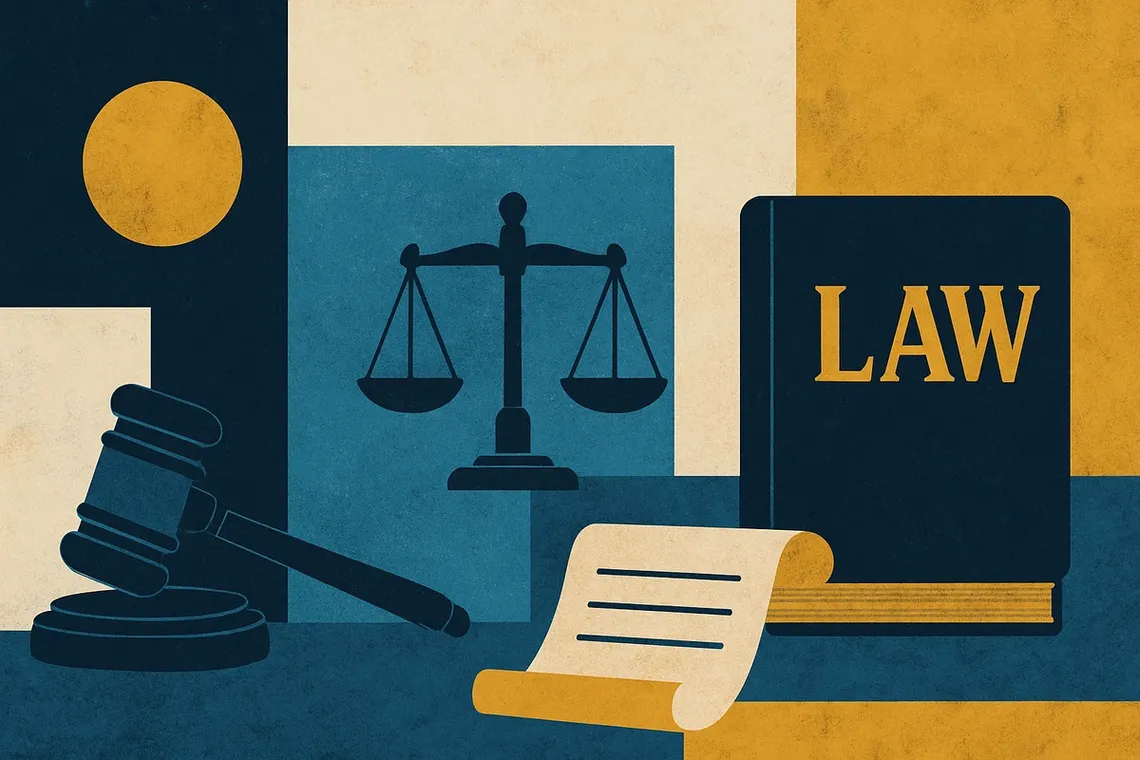Q. Should indemnification provisions be included in bylaws?
3 min read

A: Well-drafted bylaws help ministries protect leaders by including indemnification provisions.
The purpose of an indemnification provision is to protect individuals who are working for the ministry from incurring out-of-pocket costs if they’re sued in connection with their work on behalf of the organization.
Who should be covered? Ministry leaders and employees should be protected. You may also want to extend this protection to volunteers who are working on behalf of the ministry. Indemnification provisions should be drafted so that the ministry is able to avoid paying the legal expenses of individuals who are not furthering the purpose of the ministry, or who are acting outside of their authority.
How should indemnification be conveyed? If an individual is sued in connection with his or her ministry work, the bylaws should give the organization’s governing board the right to decide when and if such individual will be indemnified for out-of-pocket costs associated with the lawsuit. This protects the ministry from being required to cover costs associated with wrongful or criminal acts.
Reviewing ministry bylaws: If your bylaws already include an indemnification provision, it’s recommended that a locally licensed attorney review them to ensure that ministry leaders maintain the right to decide when and if the indemnification obligation is triggered. If the organization’s bylaws do not contain an indemnification provision, then an attorney should be consulted to develop indemnification wording, as well as to walk the ministry through the process of amending its bylaws.
It's important that ministry leaders review the organization’s existing bylaws and think through the indemnification process before a lawsuit is filed against the organization’s leaders, employees, or volunteers.
Indemnification Provisions for Ministry Bylaws
These sample indemnification provisions are available for your ministry to share with your attorney as a starting point for consideration.
Sample Language:
Insurance Coverage and Indemnification of Ministry Leaders, Employees, and Volunteers
SECTION 1: INSURANCE
The Ministry will purchase and maintain liability insurance on behalf of any and all persons who are or were a director, officer, leader, employee, committee member or volunteer of the Ministry (while serving in their capacity as such). Such insurance will be purchased for the purpose of protecting such persons from covered loss resulting in liability asserted against the above individuals in connection with their activities on behalf of the Ministry.
SECTION 2: INDEMNIFICATION REQUESTS
Should any director, officer, leader, employee, committee member or volunteer of the Ministry incur any liability as a result of their affiliation with or service to the Ministry that is not covered by the Ministry’s insurance policy, and should such liability result in any out-of-pocket cost to such individual, then such individual may request indemnification from the Ministry. The granting of full or partial indemnification shall be at the discretion of the governing board of the Ministry as set forth in Section 3 herein.
SECTION 3: INDEMNIFICATION DECISIONS
In relation to any indemnification request that is made pursuant to Section 2 herein, if such request is made by an individual who is not currently serving on the governing board of the Ministry, then the indemnification decision (whether to indemnify the requesting individual, and the dollar amount of such indemnification), will be made by the governing board. Such decision of the governing board will be final. If the indemnification request is being made by a person who is currently serving on the governing board, then the indemnification decision (whether to indemnify the requesting party, and the dollar amount of such indemnification), will be made by the remaining disinterested members of the governing board. A decision on the indemnification request by a majority of disinterested members of the Board of Directors will be final.
Posted 2017
The information we provide is intended to be helpful, but it does not constitute legal advice and is not a substitute for the advice from a licensed attorney in your area. Accordingly, no attorney/client relationship is created through this process, and no legal advice will be provided. We strongly encourage you to regularly consult with a local attorney as part of your risk management program.